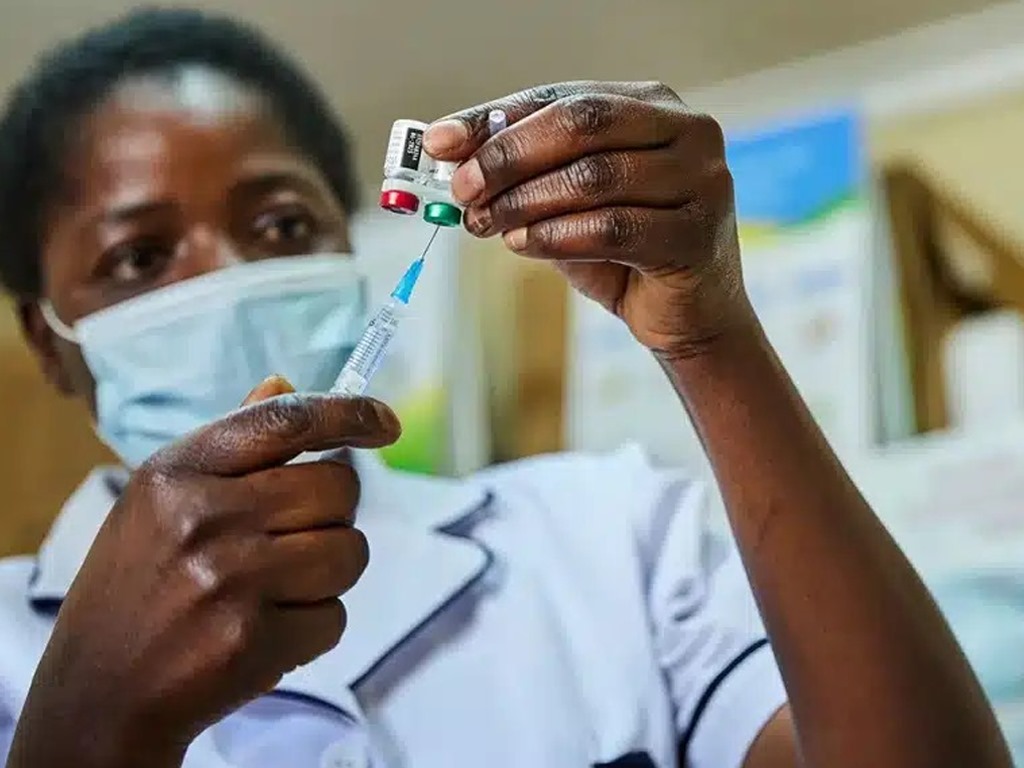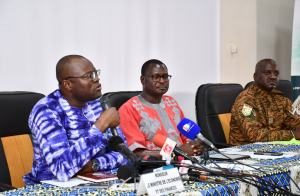The RTS,S malaria vaccine, recommended by the WHO, arrives in Cameroon following its successful introduction in Kenya

The anti-malarial vaccine RTS, S, recommended by the WHO, arrives in Cameroon following its successful introduction in Kenya.
Malaria persists as a formidable threat, spreading a significant burden, particularly among African children, due to increasing resistance to treatments caused by a mosquito-transmitted parasite.
As part of the implementation program for the anti-malarial vaccine, Kenya has already administered the first doses of the RTS, S vaccine, approved by the World Health Organization (WHO).
The country is among the three pioneering nations that participated in this crucial initiative.
The arrival last night at Yaoundé airport in Cameroon of 331,200 doses of the RTS, S vaccine, the first anti-malarial vaccine recommended by the WHO, marks the beginning of shipments to countries not participating in the vaccination pilot program, announced the Geneva-based organization in a statement.
UNICEF Executive Director Catherine Russell stated in a release that this could represent a decisive turning point in the fight against malaria, comparing the vaccine’s introduction to «the entry of the best player onto the field».
Countries such as Burkina Faso, Liberia, Niger, and Sierra Leone are expected to receive 1.7 million doses of the RTS, S vaccine in the coming weeks.
Other African countries are also expected to benefit in the months ahead.
These deliveries mark the end of the pilot phase of anti-malarial vaccination, coordinated by the World Health Organization and funded by Gavi, the Global Fund, and Unitaid.
The doses were provided by GSK, the manufacturer of the RTS, S vaccine.
In this framework, Ghana, Kenya, and Malawi have been able to administer the vaccine since 2019 in certain districts, following a four-dose schedule starting around the age of 5 months.
Over 2 million children have been vaccinated in these three African countries, resulting in a «dramatic drop» in mortality, according to Gavi, as well as a substantial reduction in severe forms of malaria and hospitalizations.
Smith OKAFOR











